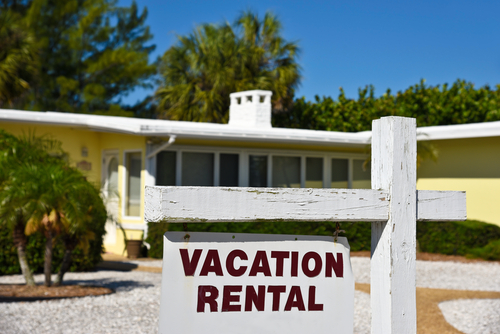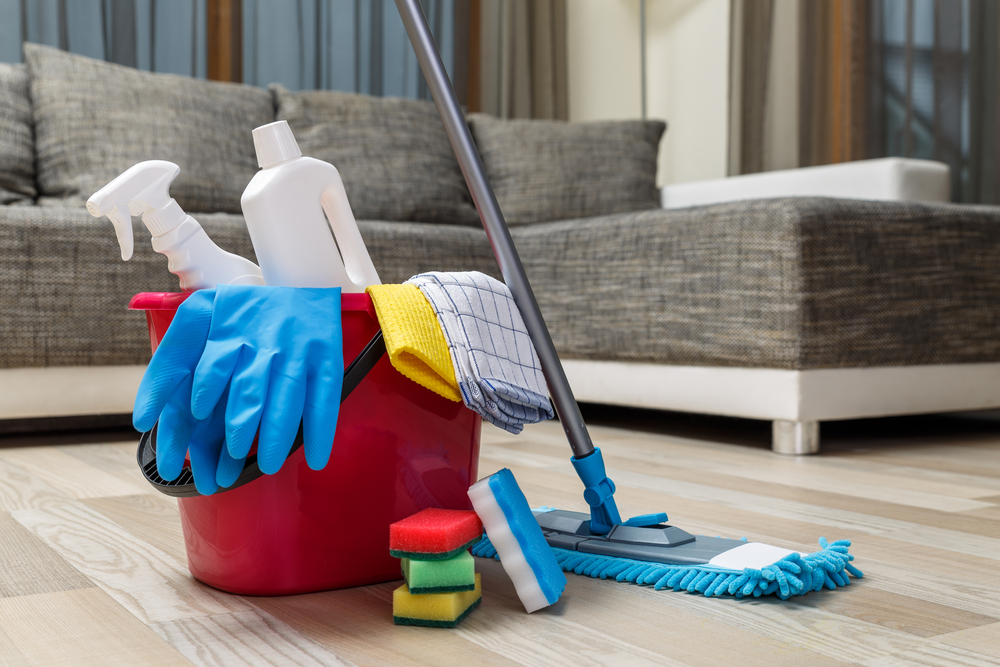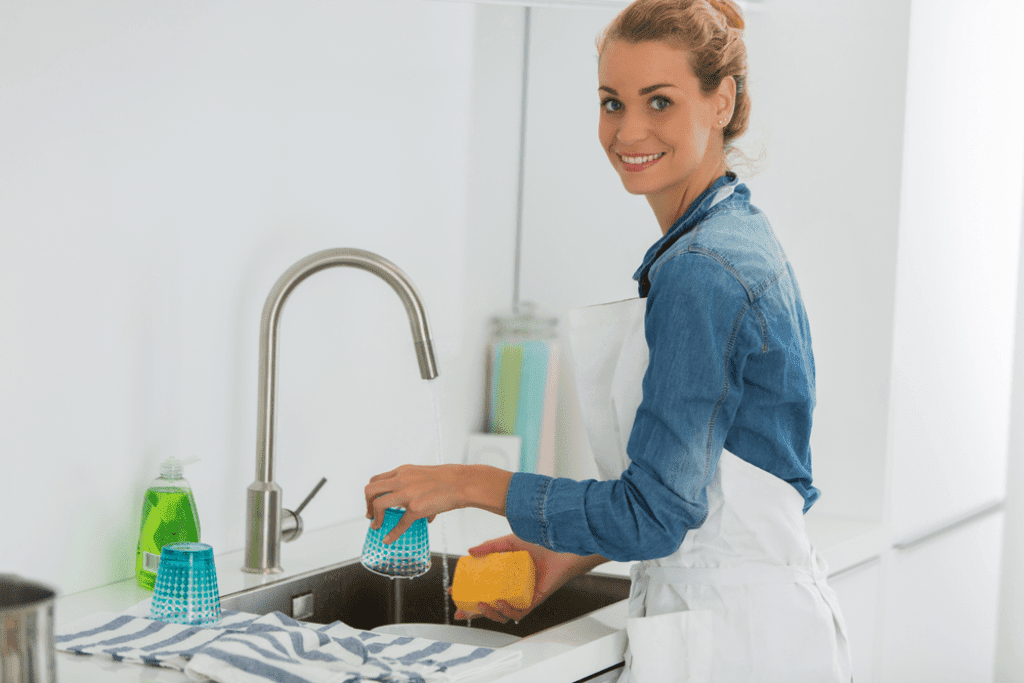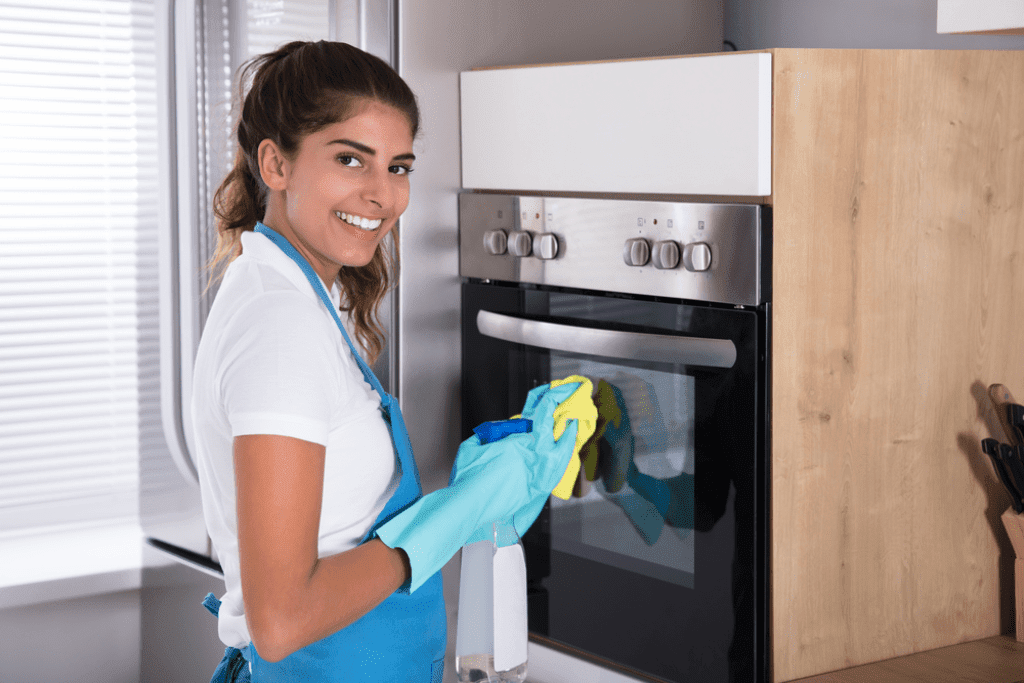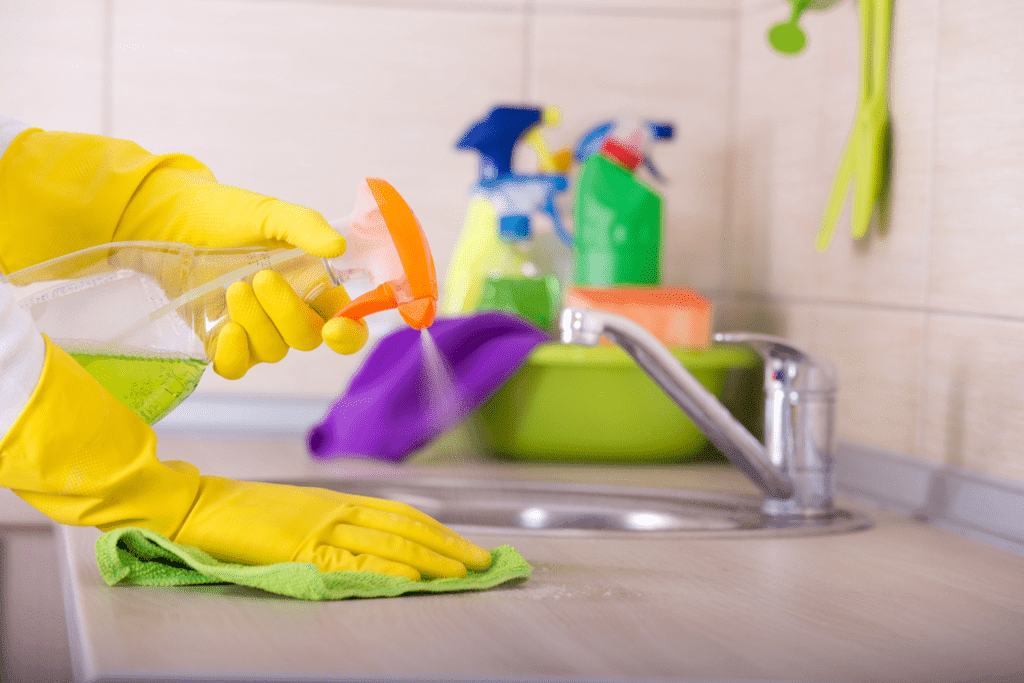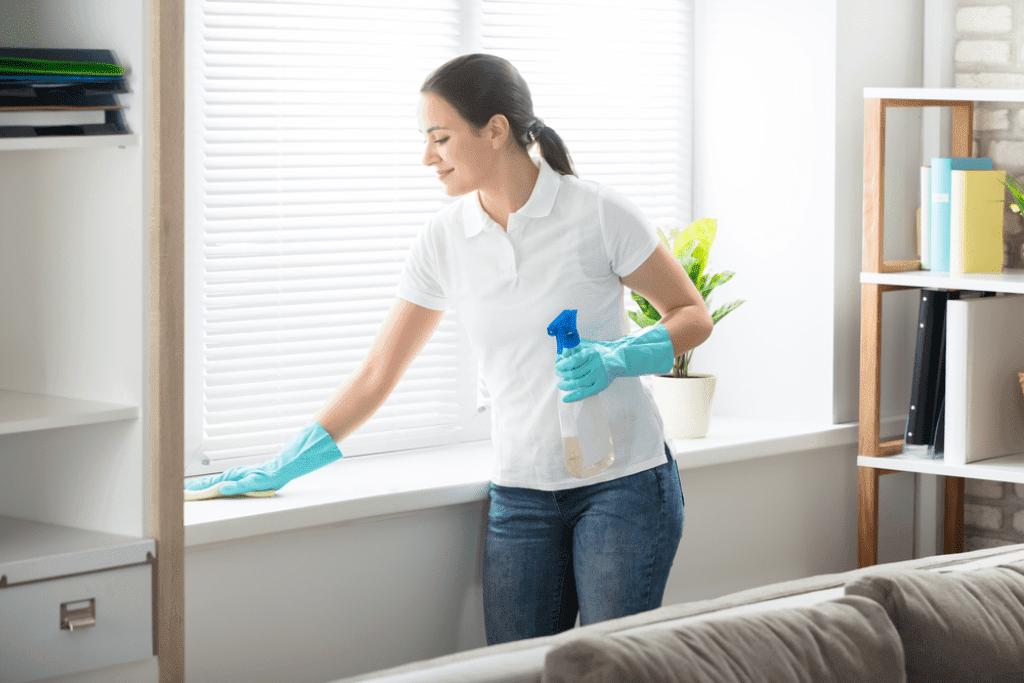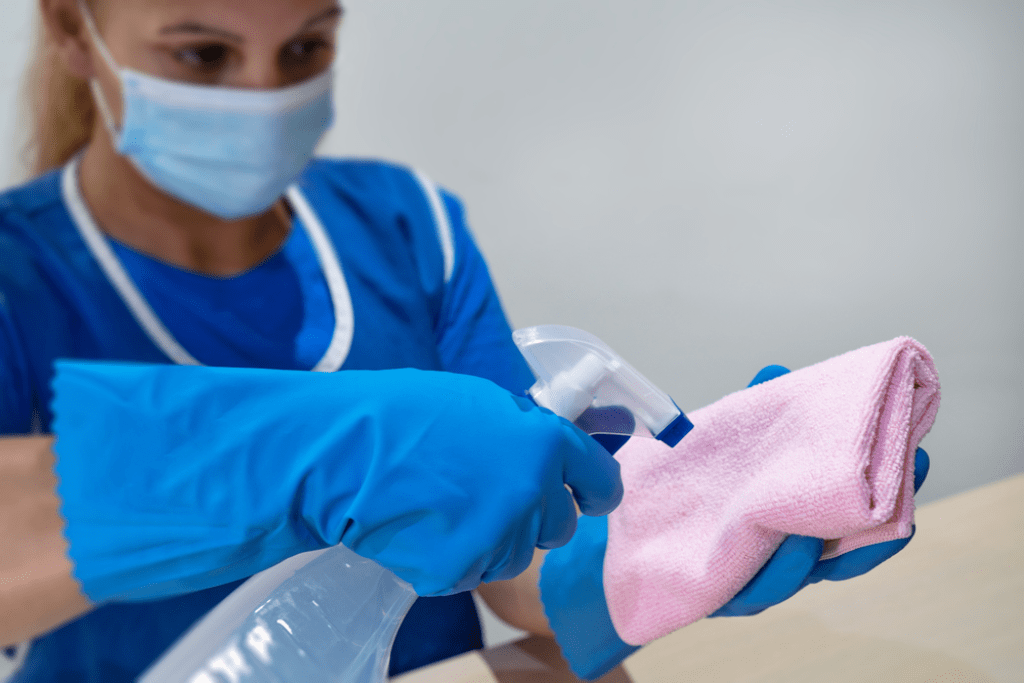Introduction: A Healthy Home Begins with Cleanliness
A clean home isn’t just about looks—it’s a cornerstone of good health. Whether you’re a busy parent, a remote worker, or a retired homeowner, the condition of your living space plays a major role in your physical and mental well-being. From reducing allergens to boosting sleep quality, regular house cleaning goes beyond surface sparkle. It creates a healthier, safer environment that supports every member of your household.
In this article, we’ll uncover seven surprising benefits of regular cleaning that directly impact the health of your home and everyone in it. Let’s explore how keeping things clean isn’t just a chore—it’s a powerful form of preventive health care.
1. Reduced Allergens and Respiratory Irritants
Common Household Allergens and Where They Hide
Dust mites, pet dander, mold spores, and pollen are common culprits that trigger allergies and asthma. These irritants settle into carpets, upholstery, curtains, and even bedding, lingering in the air and causing sneezing, watery eyes, and difficulty breathing.
Cleaning Strategies That Minimize Allergies
-
Vacuum regularly with a HEPA filter to trap dust mites and dander.
-
Wash bedding weekly in hot water to kill allergens.
-
Dust surfaces with microfiber cloths to prevent particles from becoming airborne.
-
Clean HVAC filters monthly to keep airflow clean and safe.
Regular cleaning eliminates these irritants before they can build up, leading to cleaner air and healthier lungs for everyone at home.
2. Improved Indoor Air Quality
How Dust and Mold Pollute Your Air
You might be surprised to learn that indoor air is often more polluted than outdoor air. That’s due to dust, mold, VOCs (volatile organic compounds), and pet dander accumulating over time. These pollutants can cause headaches, fatigue, respiratory issues, and even long-term health complications.
Tips for Maintaining Cleaner Air Through Cleaning
-
Use natural or low-VOC cleaning products to limit chemical exposure.
-
Keep windows open occasionally to allow air circulation.
-
Dehumidify damp areas like basements to reduce mold growth.
-
Clean air vents and ceiling fans that circulate dust.
With consistent cleaning, you’re not just tidying up—you’re purifying the air your family breathes every day.
3. Fewer Germs and Lower Risk of Illness
High-Touch Surfaces That Harbor Germs
Think about how often you touch your doorknobs, light switches, remotes, and kitchen counters. These areas can harbor bacteria like E. coli and viruses like the flu and cold. Without regular disinfection, these microbes can spread rapidly from person to person.
Cleaning Products That Actually Sanitize
-
Use EPA-registered disinfectants that target common household germs.
-
Opt for natural options like vinegar and hydrogen peroxide where appropriate.
-
Clean cell phones and tablets—yes, those too can be germ magnets!
Staying on top of sanitizing efforts significantly lowers your family’s exposure to harmful pathogens. Fewer germs = fewer sick days.
4. Better Mental Health and Reduced Stress
The Psychology of Clean Spaces
There’s something about walking into a clean room that just makes you breathe easier. According to psychologists, clutter and mess are linked to increased cortisol, the stress hormone. An organized, tidy space can promote feelings of peace and control.
How Clutter Contributes to Anxiety
-
Visual chaos overstimulates your brain.
-
It’s harder to focus or relax in messy surroundings.
-
Constant disorder can lead to chronic stress and even depression.
By incorporating simple daily routines—like making the bed, doing dishes, or clearing clutter—you can make your home a sanctuary of calm and mental clarity.
5. Enhanced Sleep Quality
The Link Between Clean Bedrooms and Sleep Patterns
Ever noticed how much better you sleep after changing your sheets? Cleanliness affects not just air quality but also your sleep hygiene. Dusty pillowcases, grimy surfaces, and cluttered nightstands can interfere with how easily you drift off.
Cleaning Habits That Promote Restful Nights
-
Wash bed linens weekly in hot water.
-
Vacuum under the bed and around the mattress regularly.
-
Declutter the bedroom to reduce visual stress.
-
Use calming scents like lavender during your nighttime routine.
A well-kept bedroom can lead to deeper, more restorative sleep, helping you wake up refreshed and ready to tackle the day.
6. Safer Environment for Kids and Pets
Hidden Hazards in a Dirty Home
Children and pets are naturally curious—they’re on the floor, touching everything, and putting things in their mouths. In a dirty home, they can be exposed to harmful bacteria, sharp objects, or choking hazards hidden under couches and beds.
Child- and Pet-Friendly Cleaning Solutions
-
Use non-toxic, eco-friendly products to avoid harmful chemical exposure.
-
Store cleaning supplies out of reach.
-
Vacuum and mop frequently to reduce pet hair, crumbs, and sharp debris.
-
Secure trash cans and remove clutter that poses tripping risks.
Creating a safe space for your littlest loved ones starts with consistent cleaning. Think of it as building a protective bubble around their health.
7. Boosted Immune System Through Reduced Toxin Exposure
Harmful Chemicals and Pollutants in Unkempt Homes
When dust, mold, and bacteria accumulate, your body is forced to work harder to fight them off. Over time, this can wear down your immune system. Long-term exposure to mold and poor air quality has even been linked to autoimmune diseases and respiratory infections.
Natural Cleaning Products for a Healthier Home
-
Choose products labeled “green,” “plant-based,” or “biodegradable.”
-
Make your own cleaners with vinegar, baking soda, and lemon.
-
Avoid aerosols and heavily fragranced products that contain phthalates.
Switching to eco-friendly cleaning methods can help detox your home and support a stronger, more resilient immune system.
FAQs: Health and Cleaning
How often should I clean to maintain a healthy home?
Ideally, clean high-traffic areas like kitchens and bathrooms weekly. Dusting and vacuuming should also be done once a week, while deep cleaning can be scheduled monthly or quarterly.
What’s the best way to reduce allergens in my house?
Focus on dusting, vacuuming with a HEPA filter, and washing fabrics regularly. Reducing clutter and using an air purifier also helps trap airborne allergens.
Do green cleaning products work as well as chemical ones?
Yes, many eco-friendly products are just as effective when used properly. Look for certified green brands or make your own with safe, natural ingredients.
How does cleaning affect mental health?
A clean home reduces visual stress, improves focus, and creates a sense of control. This can significantly lower anxiety and improve your overall mood.
What are the biggest health risks of a dirty home?
These include respiratory issues from dust and mold, increased illness due to bacteria, and accidents caused by clutter or hidden hazards.
Can professional cleaners improve my home’s health?
Absolutely. Professionals use advanced tools and methods to eliminate dirt, allergens, and bacteria more thoroughly than most DIY efforts.
Conclusion: Invest in Your Health with a Clean Home
Cleanliness isn’t just about making your home look presentable—it’s an essential part of staying healthy, both physically and emotionally. Regular house cleaning reduces allergens, eliminates harmful bacteria, and creates a calm environment that promotes better sleep and mental wellness. Whether you tackle cleaning yourself or hire a professional, the benefits to your health are clear.
So the next time you’re tempted to let the chores slide, remember: you’re not just tidying up—you’re investing in your family’s well-being.
For more information on eco-friendly cleaning products and home health research, visit EPA’s Guide to Green Cleaning.
Bonus: Weekly Cleaning Checklist for a Healthier Home
Regular cleaning doesn’t have to be overwhelming. In fact, creating a system or routine makes the process easier and more consistent—plus, it helps prevent health hazards before they build up. Here’s a simple weekly cleaning checklist to keep your home clean, healthy, and inviting:
| Day | Task Focus |
|---|---|
| Monday | Vacuum carpets and rugs, dust ceiling fans and air vents |
| Tuesday | Wipe down kitchen surfaces, sanitize counters and appliance handles |
| Wednesday | Deep clean bathrooms: toilet, sink, shower/tub, mirrors |
| Thursday | Mop hard floors, spot-clean walls or baseboards |
| Friday | Wash bedding, disinfect light switches and door handles |
| Saturday | Declutter living areas and bedrooms, organize toys, books, and pet zones |
| Sunday | Take out trash, clean out refrigerator, restock supplies, prep for the week |
Tip: Adjust based on your lifestyle. Even 20–30 minutes per day can maintain a much healthier living space over time.
How to Take the First Step Toward a Healthier Home
Now that you’re equipped with insights and strategies, it’s time to act. Whether you start small with one room or take on the entire house, consistency is key. Set realistic goals. Stay motivated by tracking your progress. And don’t be afraid to bring in help if needed.
When to Hire a Professional Cleaning Service
Sometimes, life gets hectic. Between work, family, and personal obligations, keeping up with regular cleaning can fall by the wayside. That’s where professional cleaning services come in. Here are signs it’s time to call in the pros:
-
Persistent dust or mold despite your efforts
-
Recurring allergy symptoms among family members
-
Lack of time to manage deep cleaning or multiple rooms
-
Moving in/out, preparing for guests, or getting ready for a sale
A trusted cleaning service doesn’t just help you reclaim your time—it improves your quality of life by enhancing the health of your living space.
Final Thoughts: Clean Home, Stronger You
Health doesn’t just come from your diet or exercise routine—it also begins at home. Clean, breathable air. Safe, germ-free surfaces. Organized, clutter-free spaces. These simple elements have a profound impact on your mood, your immune system, and your ability to recharge.
So go ahead, schedule that weekly vacuuming, refresh your bedroom linens, and disinfect those light switches. Or better yet, bring in a team of pros who can handle it all while you enjoy the peace of mind that comes with living in a healthier, happier home.
You deserve a clean space that supports your best self. Start today.


